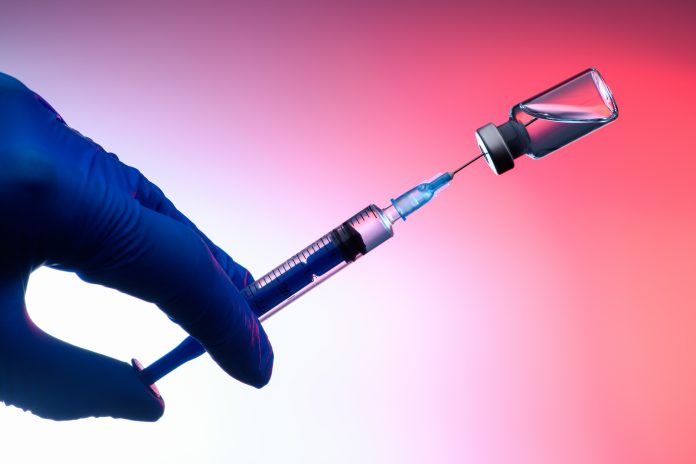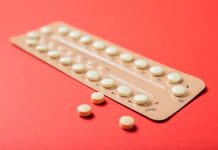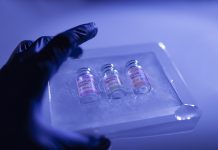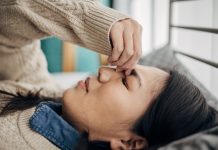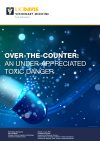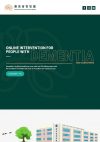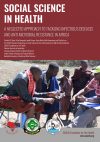According to new ONS data, 36% of UK people who are vaccine hesitant have strong side effect fears – while a further 12% fear needles, and 22% think vaccines could impact fertility
The new data was gathered from 17 to 21 March, 2021, by the Office for National Statistics (ONS).
Today (29 March) atleast 30 million people in the UK have received their first dose of a COVID-19 vaccine. The European third wave looms and external holidays are set to become legal again in August, meaning that vaccinating the full population is one of the key priorities for the UK Government right now.
ONS data collected in late March paints an interesting picture of how the population is responding to vaccination. While 94% of adults in Great Britain reported “positive vaccine sentiment”, a community of vaccine hesitant people still exist.
Why are some people hesitant to take the vaccine?
According to the new data, 36% of people believe that the COVID-19 vaccine will create side effects that are worse than COVID itself.
Recently, the blood clot risk rumour created headlines across the world. Medical experts warned that there was no meaningful connection between the AstraZeneca vaccine and blood clots. The European Medicines Agency cleared AstraZeneca vaccines for use across the EU, after investigating with blood experts.
A very real side effect of COVID itself is organ failure – which can hit a patient six months after their initial diagnosis of the virus.
The data finds that a further 12% are afraid of needles, while another 22% believe in the rumour that the vaccine will impact fertility.
An altruistic 29% of people said that they would rather the vaccine goes to “someone in more need”.
Only 4% say that they were medically advised by their GP not to take the COVID vaccine, while on the other end of the spectrum a further 2% are generally against the concept of vaccines.
When it comes to the individual versus society, some people remain hesitant to take the vaccine because they believe themselves to be healthy enough to have COVID. This sentiment was echoed by 27% of people, who believe that they would not experience “personal risk” from contracting the virus.



